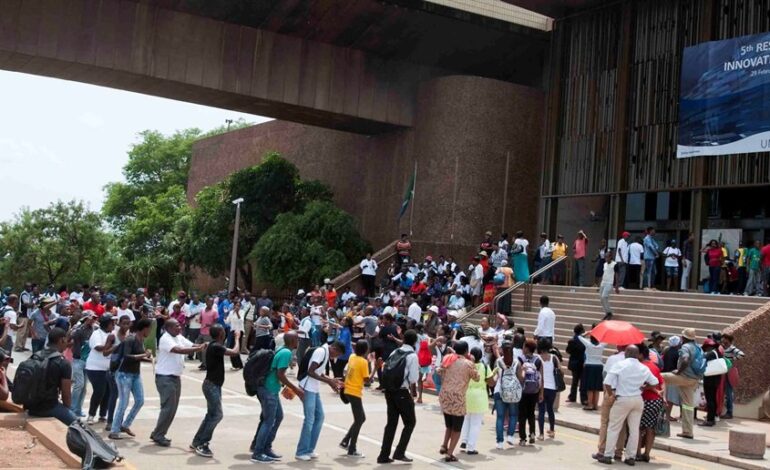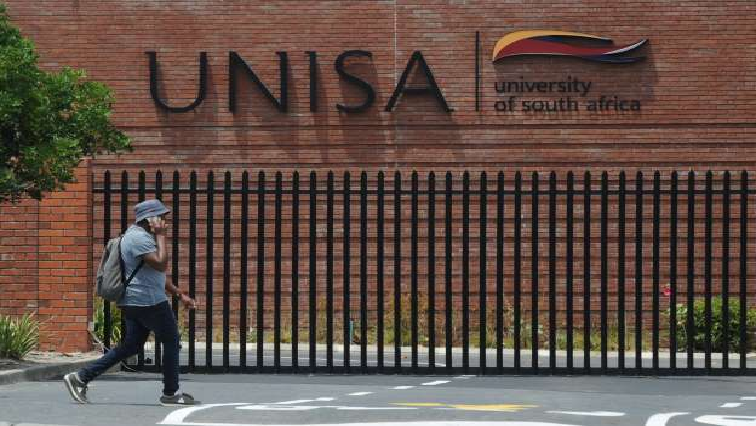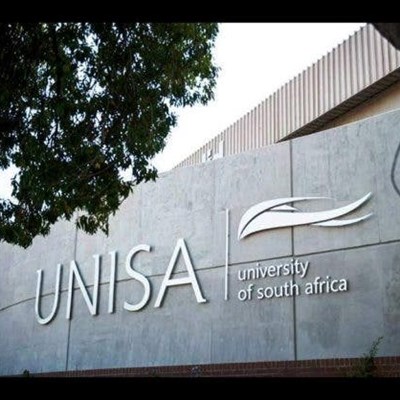
By Canisius Mushibwe
The highest court in South Africa has ruled that the plan by the University of South Africa (UNISA) to remove the Afrikaans language to teach students is unconstitutional.
In 2016, UNISA changed its dual-medium language policy of English and Afrikaans to only the queens’ language.
The higher learning institution said this was to curb a history of imbalances and because there was a low demand for courses in Afrikaans.
This decision did not sit well with the Afrikaner lobby group and other supporters of the language as the policy change triggered a five-year battle which slowly culminated into a legal war.

In spite of being in the highlight for their attempt to scrap off Afrikaans as a medium of teaching, Unisa is not the first university in South Africa to face challenges over its language policy. The University of Pretoria was also In a similar predicament in 2019.
Many citizens in South Africa view Afrikaans as polarising language because it had been forced on black learners during the time the country was colonized with a harsh system of apartheid put in effect which led to the Soweto student uprising in 1976.

However, AfriForum has sided with the court ruling and has welcomed the Constitutional Court ruling while cultural analysts such as Professor Pitika Ntuli says the ruling is biased to Afrikaans disregarding other African languages.




